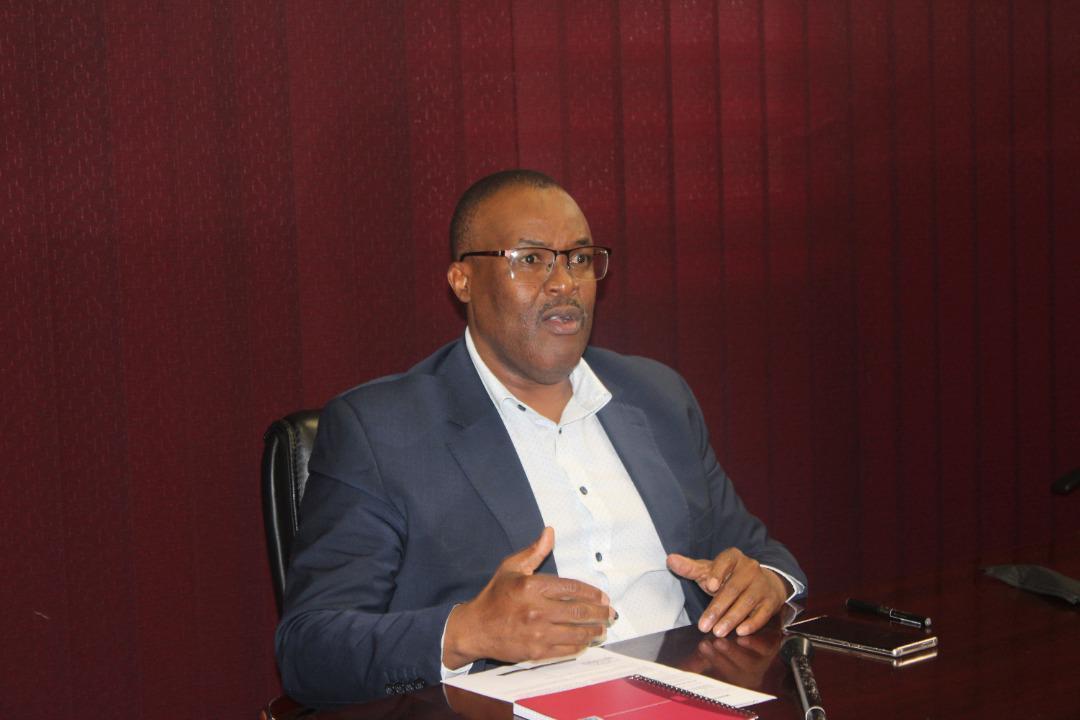Africa-Press – Eswatini. The Ministry of Public Works and Transport has declared its commitment to transparency, inclusivity, and national development amid concerns raised by local contractors over the bid requirements of the African Development Bank (AfDB)-funded MR14/MR21 infrastructure project.
In a detailed statement released on June 9, 2025, Principal Secretary Thulani Mkhaliphi clarified that local contractors are not excluded from participating in the internationally funded tender. Instead, they are encouraged to compete either individually or through Joint Ventures (JVs) with eligible international contractors under the Open Competitive Bidding International (OCBI) method.
“These concerns are valid and require a transparent and well-informed response,” reads the statement, highlighting the importance of clarity in large-scale, internationally funded initiatives.
The Ministry explained that the bid security requirements, ranging between 1% and 3% of the total project cost, align with international best practices to ensure genuine commitment from all bidders.
Empowering Local Industry
The Ministry cited previous successful projects where Emaswati were meaningfully involved. These include the Manzini to Mbadlane MR3 Highway Project, which required a bid security of E23 million, and the Manzini Golf Course Interchange, which required E13.57 million.
“In both instances, local contractors (EmaSwati) were actively involved, and one of the projects was successfully executed by a LiSwati contractor,” the Ministry stated, reinforcing the capability of local professionals.
To further enhance inclusivity, the Ministry revealed that up to 30% of civil works in the MR14/MR21 project may be subcontracted, offering tangible opportunities for local contractors. Moreover, components of the project will be procured through the National Competitive Bidding (NCB) process, exclusively open to local contractors and consultants.
Capacity Building and Future Readiness
EmaSwati are also encouraged to form Joint Ventures under AfDB guidelines to boost capacity building and facilitate technology transfer. This, the Ministry said, will strengthen local firms’ competitiveness in future tenders.
“This arrangement enables capacity building and technology transfer while increasing competitiveness,” the Ministry added.
To maintain open communication, the Ministry is also planning a dedicated media session to further inform stakeholders and the public about the MR14/MR21 project components and progress.
Conclusion
This bold move by the Ministry underscores Eswatini’s vision of building a resilient, competitive local construction sector while partnering effectively with international stakeholders. As Eswatini embarks on transformative infrastructure development, local expertise is not just welcomed, but vital.
For More News And Analysis About Eswatini Follow Africa-Press







